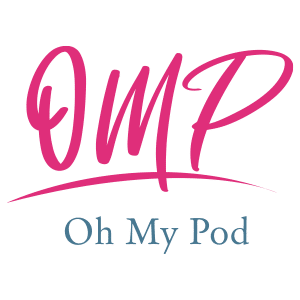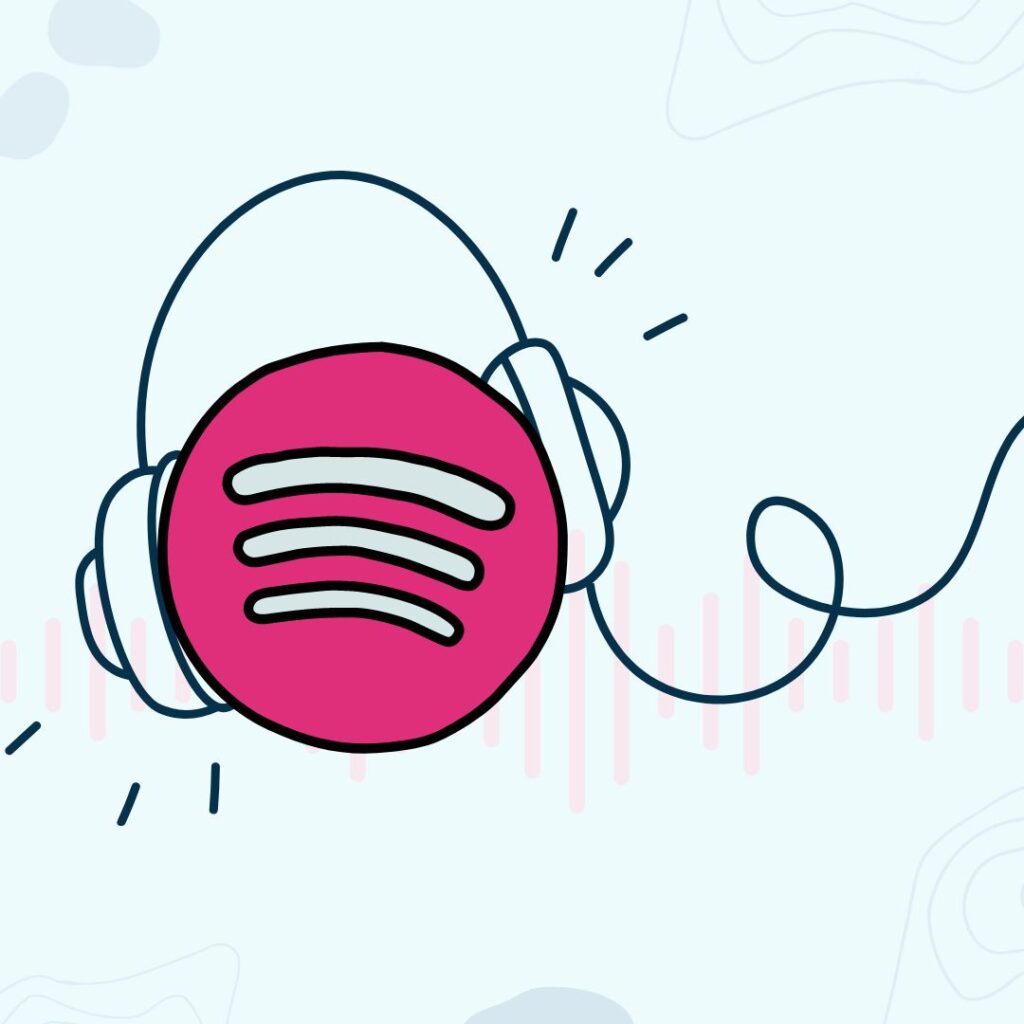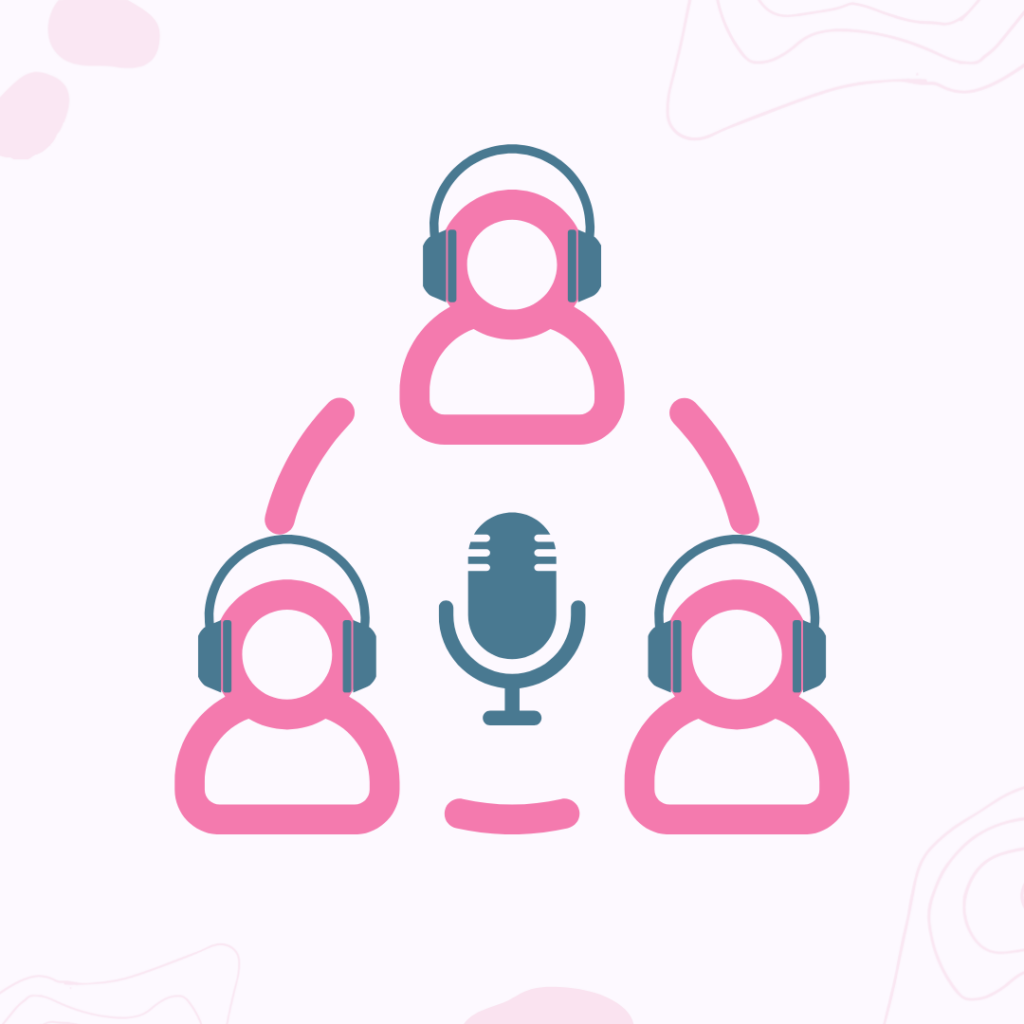With the rise in popularity of podcasts and surging listenership for all things social audio, it’s no wonder that Facebook, or Meta, decided to throw their hat into the ring.
In June 2021, Facebook announced they were rolling out live audio rooms and podcasts, as part of a plan to bring social audio experiences to the platform.
The live audio rooms were a response to the amazing popularity of Clubhouse – a social network where people around the world could come together to talk, listen and learn from each other in real-time.
Facebook podcasts allowed users to discover and listen to new podcasts, without having to ever leave the Metaverse. This social audio initiative was a significant step for the social network, and it was part of a wider plan to incentivise posting natively to Facebook, and keep audiences engaged on the platform.
The future looked bright for podcasts on Facebook.
Podcasters surely would flock to the platform as these innovative new features would allow them to reach Facebook’s 2.85 billion users.
But after a year, Facebook pulled the plug on its social audio initiative. So what happened?
Facebook, and its parent company Meta, joined a competitive market when they launched their social audio initiative. In 2021, Apple Podcasts and Spotify held the lion’s share of the market, with 65% of podcast downloads between them. Of course, the ever-enterprising Facebook wanted part of the action.
After a year of learning and experimenting with audio-experiences, Facebook decided they were going to simplify their suite of audio tools on the platform and pulled the plug on podcasts.
A spokesperson stated, “We’re constantly evaluating the features we offer so we can focus on the most meaningful experiences.”
What this really means is that they are shifting their focus from social audio to Reels – a short-form visual experience akin to the videos on TikTok. This popular format of content consumption, which draws its roots from Vine, made up 20% of the time spent on the platform.
What is the lesson to draw from this saga?
Facebook’s brief foray into podcasts should highlight the fragility of relying on social networks to support your community-building efforts. At any point in time, the platform could shift focus and leave you in the lurch.
When publishing podcasts it’s safer, and more beneficial, to stick with established distributors like Apple Podcasts, Spotify and Google Podcasts.
While the new players in the market may seem shiny, new and exciting, the dedicated platforms are built specifically for podcasts and all things audio, so you know they’re not going to exit the market quickly or pull the rug out from underneath you!
Want more podcasting news & tips?
Subscribe now to receive our best tools, tips, templates and tactics to save you time and grow your podcast the right way.
"*" indicates required fields


